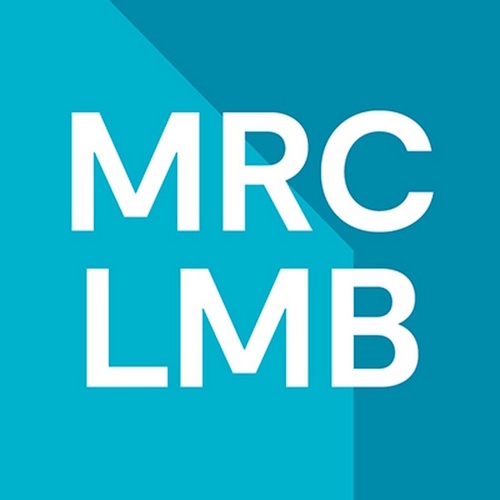Key points from article :
In a bold and controversial move, scientists in the UK have launched the world’s first attempt to build artificial human DNA from scratch. Backed by a £10 million grant from the Wellcome Trust, the project aims to synthetically create parts of human DNA—potentially entire chromosomes—in a lab setting. The effort, known as the Synthetic Human Genome Project, is viewed as a major leap beyond the landmark Human Genome Project, which mapped but did not build human DNA. Leading researchers like Dr Julian Sale of the MRC Laboratory of Molecular Biology and Prof Matthew Hurles of the Wellcome Sanger Institute believe the technology could revolutionize medicine by enabling the creation of disease-resistant cells and better treatments for conditions related to ageing, heart failure, immune disorders, and more.
The research will be conducted entirely in test tubes and petri dishes, with no plans to create living synthetic organisms. Still, the ability to manufacture DNA molecule by molecule gives scientists unprecedented control over human genetics, allowing them to explore how DNA truly functions and test new genetic theories. Unlike traditional gene editing, which tweaks existing DNA, this approach builds genetic material from the ground up. The eventual goal is to construct synthetic chromosomes that could be studied to understand and treat diseases caused by faulty genes.
However, the project has drawn criticism and raised ethical concerns. Some experts fear it could lead to "designer babies," synthetic humans, or even biological weapons if misused by rogue scientists. Dr Pat Thomas of Beyond GM and Prof Bill Earnshaw of the University of Edinburgh warn that without global safeguards, such powerful technologies could be exploited, especially as access to DNA synthesis tools becomes more widespread.
To address these concerns, the project includes a dedicated social science initiative led by Prof Joy Zhang at the University of Kent. This team will consult with scientists, ethicists, and the public to explore the social, moral, and legal implications of synthetic human DNA. As Dr Tom Collins from Wellcome noted, the decision to fund the project was based on the belief that developing the technology responsibly now is better than risking its misuse in the future. The work represents both a profound scientific opportunity and a serious ethical challenge for the decades ahead.









